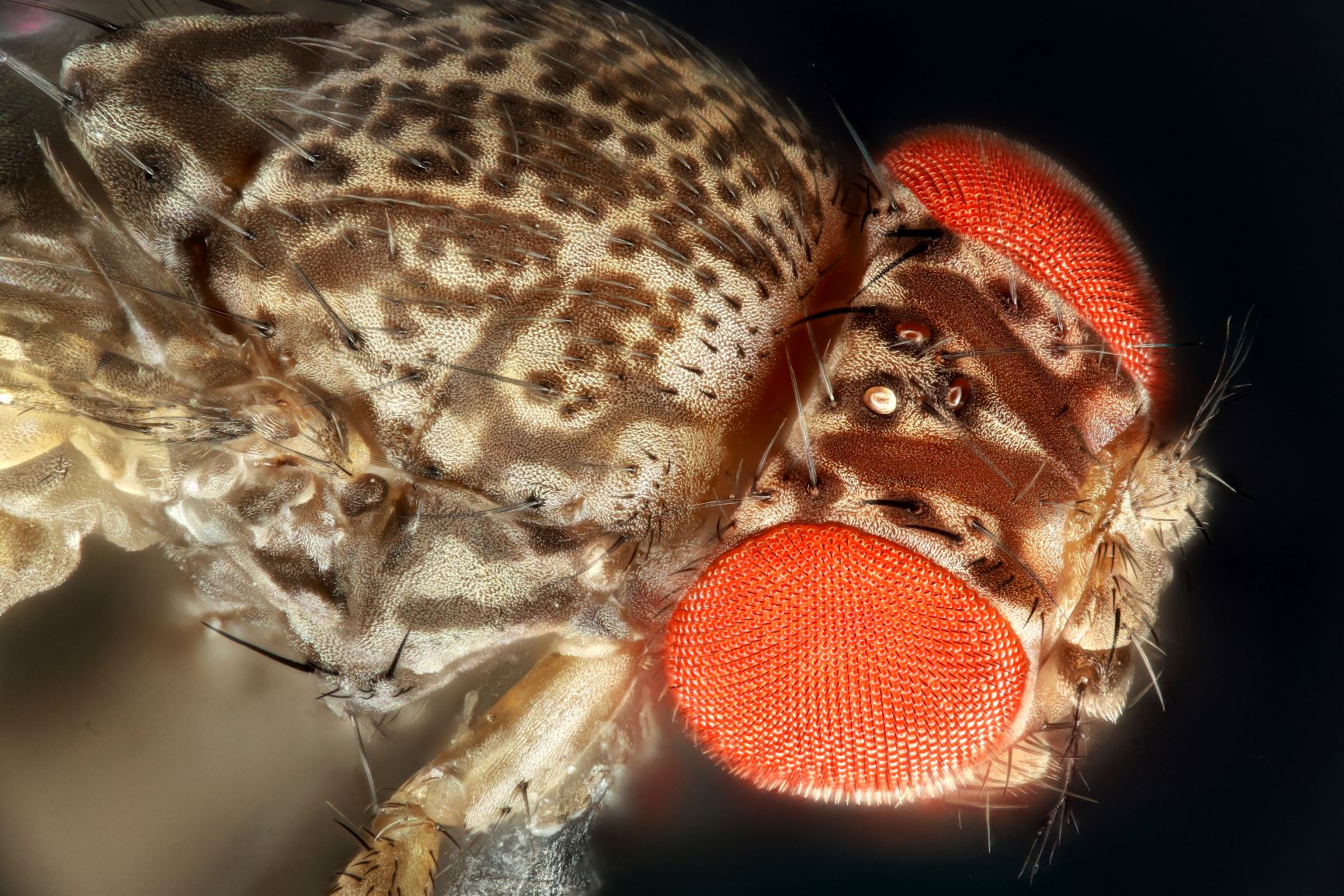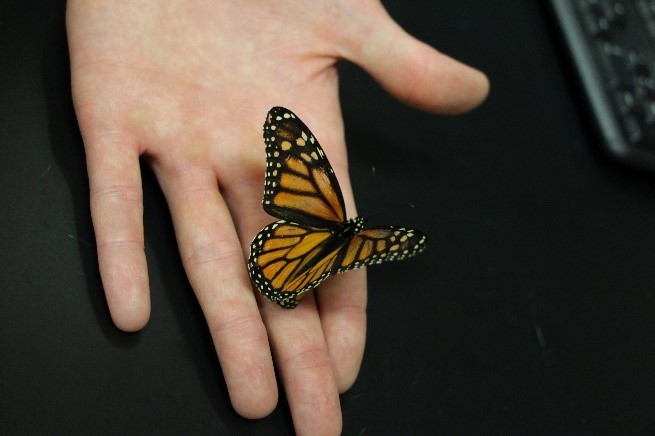Genetic and neural bases of behavior
Behaviors are complex traits influenced by many interacting genes and sensitive to the environment. Our research focuses on understanding the genetic and neural bases of behavior by combining behavioral, molecular genetic and neurophysiological approaches. In particular, the research centers on the following critical questions: (1) What genes contribute to variation in complex traits? (2) How do ensembles of genes act together to give rise to a phenotype? (3) To what extent do polymorphisms in these genes account for phenotypic variation – neural development, sensory neuron activity, and animal behavior – in natural populations? (4) How does the genetic and neural ‘architecture’ constrain or direct the evolution of behavioral and life history traits?

To address these questions we study behavior in Drosophila and other insects. Drosophila is an excellent model system for examining the genetic and neural underpinnings of behavior because it is readily amenable to genetic, neuroanatomical, neurophysiological, and behavioral analyses.
genetic and neural bases of ecological specialization
We are interested in the mechanisms underlying divergence of morphological, neurophysiological, and behavioral traits as a result of adaptation to different local sensory environments. In particular, we examine the olfactory system of Drosophila mojavensis, a model of incipient speciation. This desert adapted fly has four different populations, each of which feed and breed on a different cactus. The cacti emit specific volatile chemicals that the flies use as a primary cue for host plant identification.
We examine the morphology, neurophysiology, and olfactory behavior within and between populations of D. mojavensis, and how these vary with the cactus they use. We also work to understand the evolution of cactus preference across the Drosophila species group and the molecular genetic and neurophysiological mechanisms underlying preference for different cacti.


genetic basis of behavior
We study the genetic architecture of behavior, with the goal of identifying the genes and molecular variants associated with variation in (primarily olfactory) behavior. We are also interested in the interrelationship of olfactory behavior with other traits, and the mechanisms governing or constraining its evolution.
We study Drosophila melanogaster to examine the genetic factors underlying the detection and discrimination of olfactory cues - such as the contribution of molecular variation in odorant receptors (and other candidate genes) to variation in olfactory behavior in nature.
Genome-wide association study of olfactory behavior

sensory ecology of butterflies

We are also conducting research related to how sensory ecology can inform conservation by studying olfactory behavior in butterflies. We are examining the role of olfaction in host preference behavior.